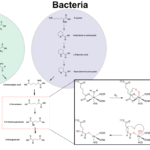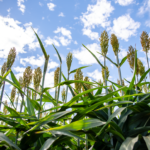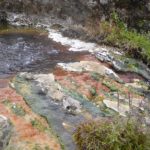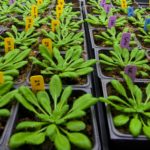Lysine is an important amino acid that must be supplied in our diets, as our bodies can’t produce lysine on their own. Most cereal grains have low levels of lysine, and scientists have worked to breed crops with higher lysine levels.
However, the biochemical processes that break down lysine in plants weren’t fully understood. New Joint BioEnergy Institute (JBEI) research, published in Nature Communications, reveals this last missing step of lysine catabolism.








